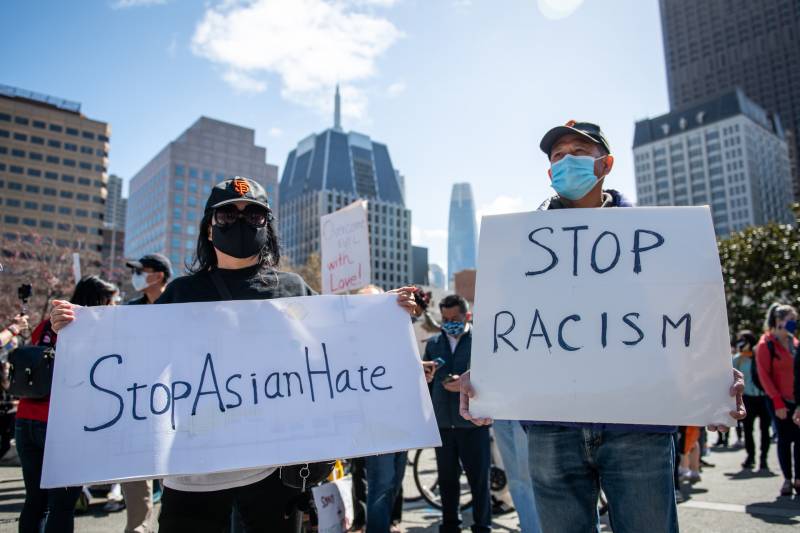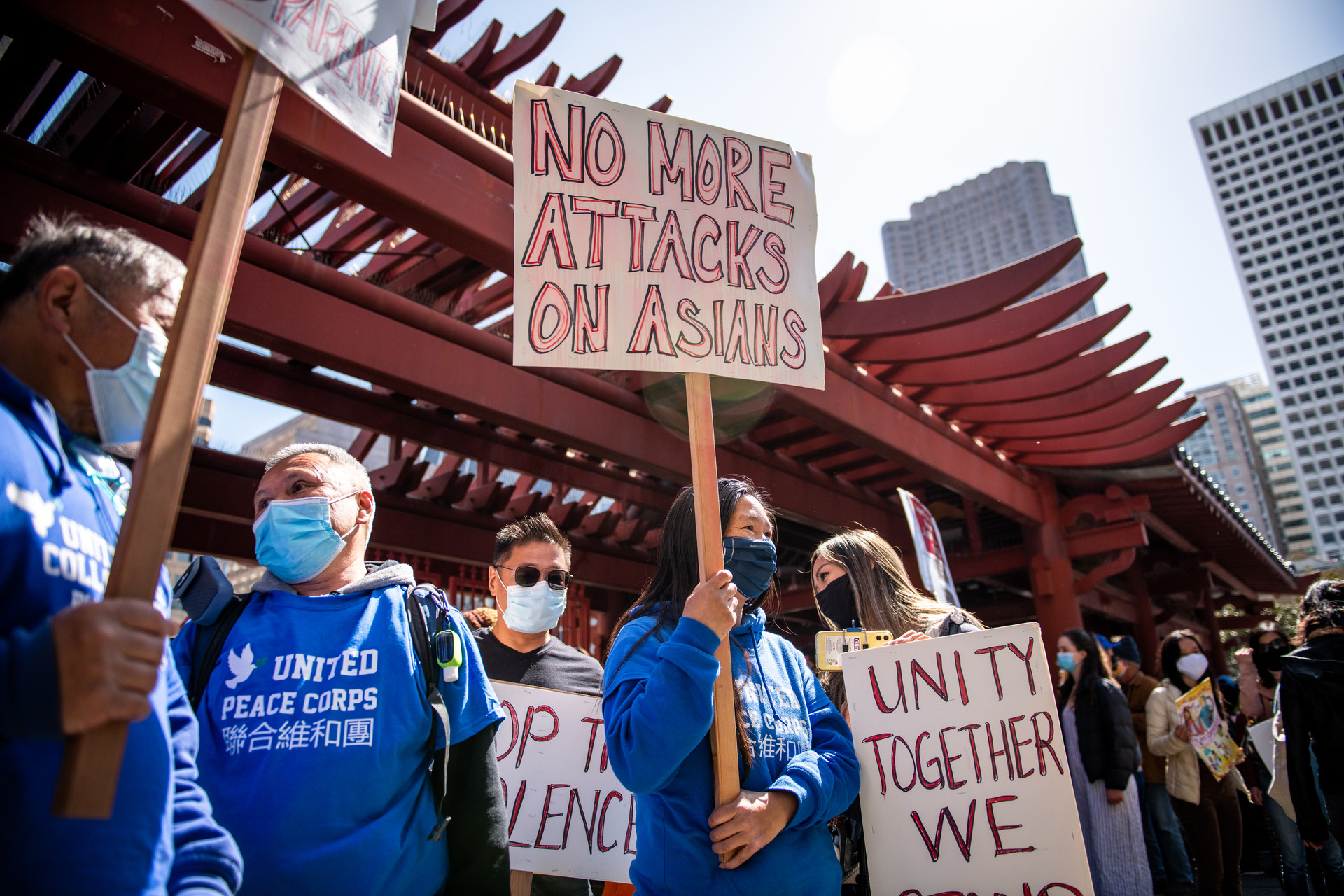However, Ong did point out dynamics that he sees as contributing to the discrepancy, however small: “[These workers] have a different relationship with customers. In professional services, there is also a high degree of respect for the providers. There is a different power dynamic. When you go to your doctor, for example, the doctor is in many ways seen as a person with a relatively more powerful position. So you learn to respect, you learn to listen to your doctor, by and large. In retailing, in restaurants, you know, a customer sees them differently. And I think that adds to the problem.”
Jeung says there needs to be a balance between community cohesion and recognizing the different experiences among all those who are grouped under the “AAPI” umbrella.
“The community first needs to work together as Asian Americans and Pacific Islanders, because we have more political power that way. But we also need to recognize the differences and the distinctions of groups, so our report does both. It recognizes that we could come together for collective solutions, but different groups of us experience racism differently,” said Jeung.
And, Jeung says, the efforts around gathering these community experiences have had a bonding effect for community members, despite the somber nature of the findings.
“Even though people report continued racism, they’re also feeling hopeful in that they see the Asian American community coming together,” he said. “They see the heightened awareness, not just of Asian Americans, but the broader community, that Asian Americans face racism. And then they’re seeing how government officials can respond proactively.”
In addition to providing a picture of on-the-ground experiences, the Stop AAPI Hate report also outlines the top solutions community members think should be implemented to combat racism. These include: more education with a focus on ethnic studies, community-based safety solutions and civil rights legislation.
“What’s helpful for this report is that it gives us guidance in looking ahead, and although the racism is deeply embedded and rooted in our history in our institutions, I think we have a clear direction now to approach the hate we’re experiencing,” Jeung said.


